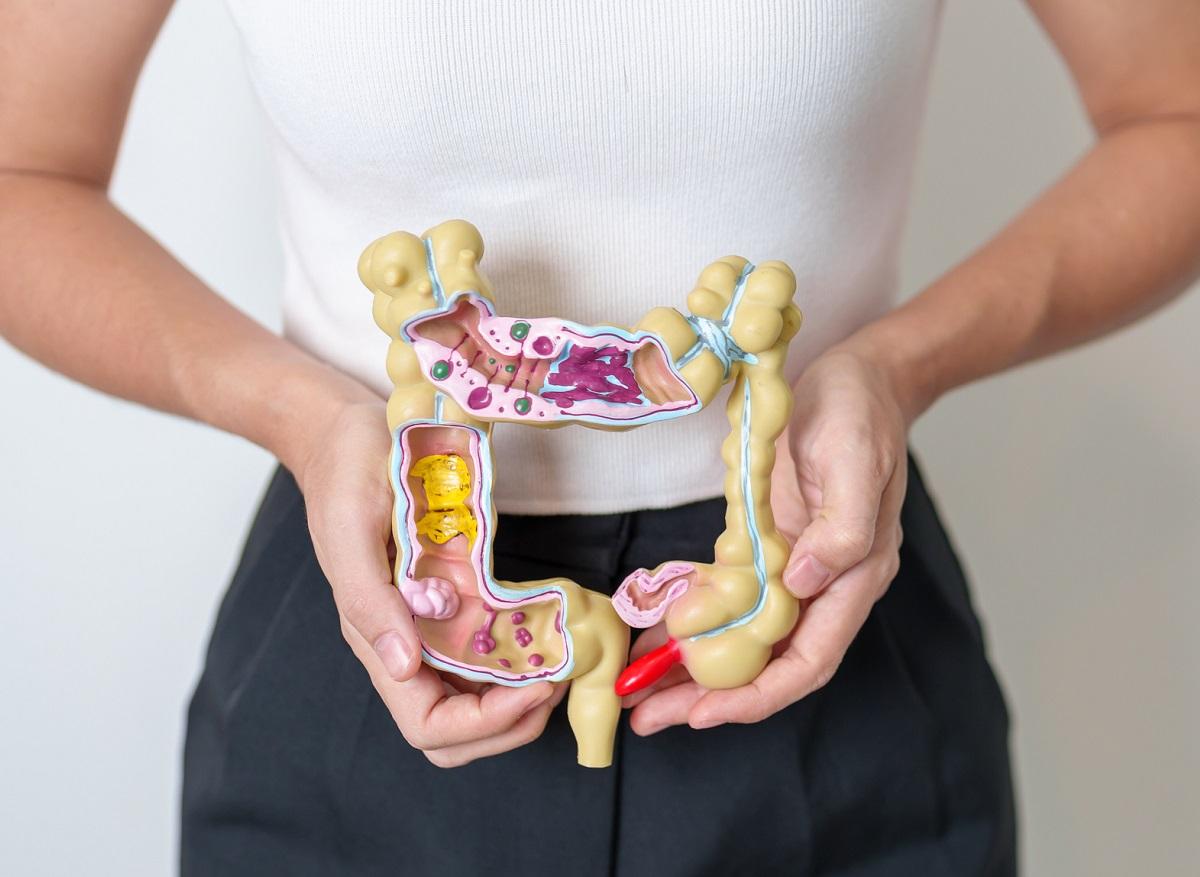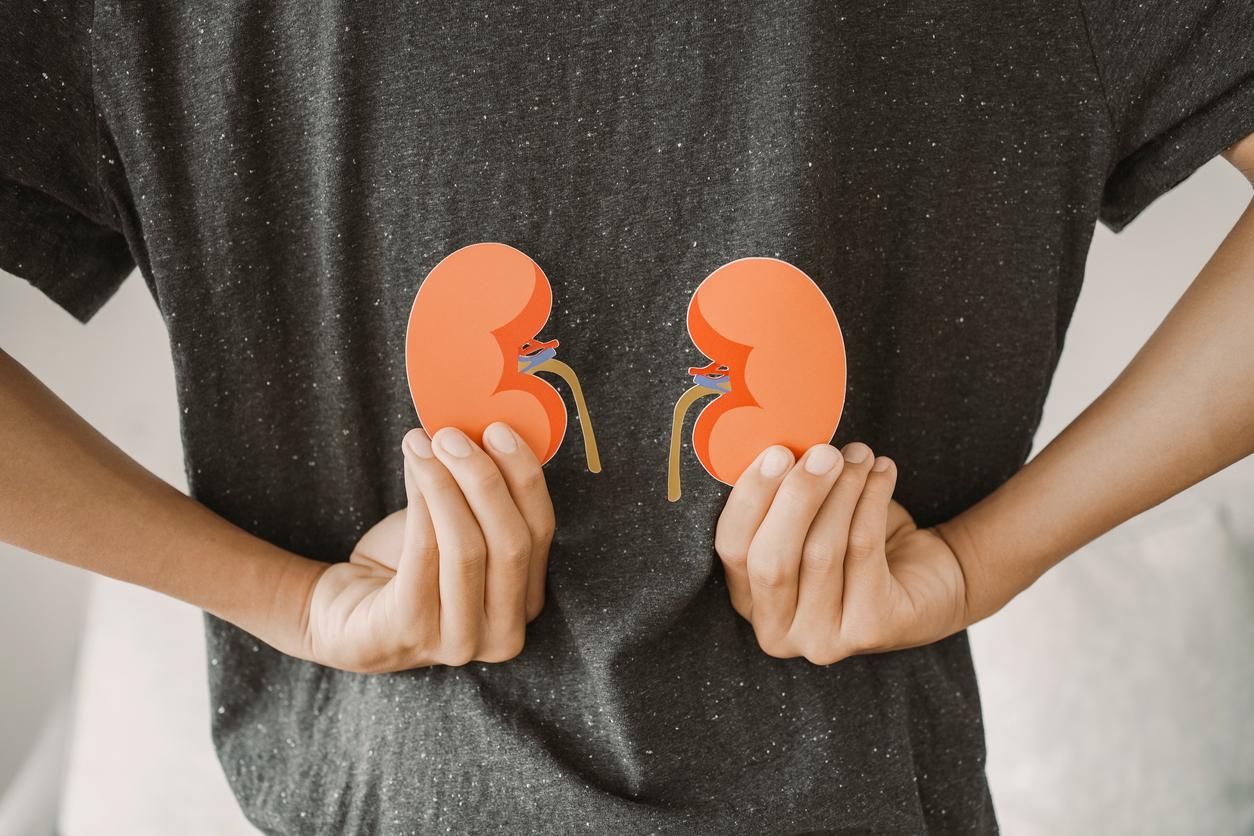While drug and surgical treatments play a vital role in the management of this disease, diet also plays a key role. Crohn’s disease and diet: a complex relationship.

- Diet plays an important role in the management of Crohn’s disease. By adapting your diet, it is possible to improve your quality of life and reduce the frequency and severity of flare-ups.
- There is no one-size-fits-all diet for Crohn’s disease patients. Each person must adapt their diet based on their symptoms and tolerances.
- Monitoring by a dietician is essential to implement a personalized and effective food plan.
Abdominal pain, diarrhea, fatigue, and long-term complications are all symptoms that can disrupt daily life. Long considered a cause of Crohn’s disease, diet is now seen as a factor that aggravates or relieves symptoms. Although no food is specifically responsible for triggering the disease, some can exacerbate symptoms in some people.
• Foods to avoid during a flare-up:
- Foods high in fiber (raw vegetables, whole grains) can irritate the inflamed intestine and increase abdominal pain.
- Fatty and fried foods can slow digestion and promote bloating.
- Dairy products can cause diarrhea in some people.
- Spicy and acidic foods can make heartburn and acid reflux worse.
• Foods to favor :
- Cooked and easily digestible foods (rice, pasta, potatoes, white meat) are generally better tolerated.
- Plain lactose-free yogurts can provide probiotics that are beneficial for intestinal flora.
- Vegetable broths can help maintain hydration.
Enteral nutrition: a therapeutic solution
In case of severe flare-ups or significant food intolerance, enteral nutrition may be offered. It consists of providing all the nutrients necessary for the body through a tube, either directly into the stomach or into the small intestine. This method allows the intestine to rest and reduces inflammation.

Specific diets: an avenue to explore
• The exclusion regime : It consists of gradually eliminating foods suspected of aggravating symptoms to identify intolerant foods.
• The low residue diet : This low-fiber diet helps reduce stool volume and relieve symptoms.
• Specific elimination diets : Certain diets, such as gluten-free or lactose-free, may be beneficial for some people with Crohn’s disease.
The importance of dietary monitoring
To adapt your diet to Crohn’s disease, it is essential to consult a dietitian. This health professional will be able to establish a personalized food plan based on the symptoms, treatments and food preferences of each individual.
In conclusion, diet is a key element in the overall management of Crohn’s disease. By working closely with healthcare professionals, people with this disease can learn to manage their symptoms and improve their quality of life.
















